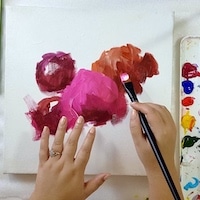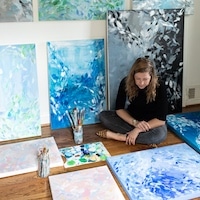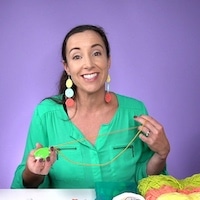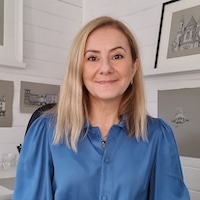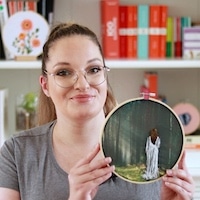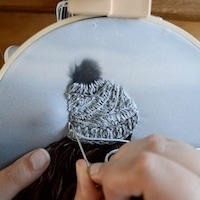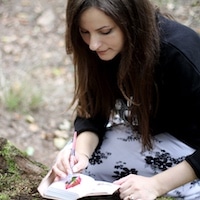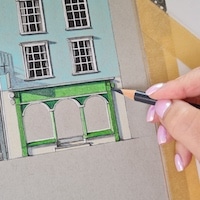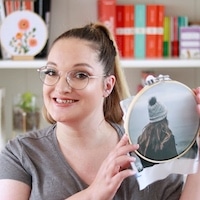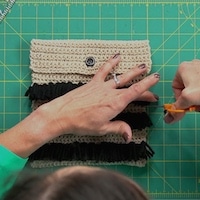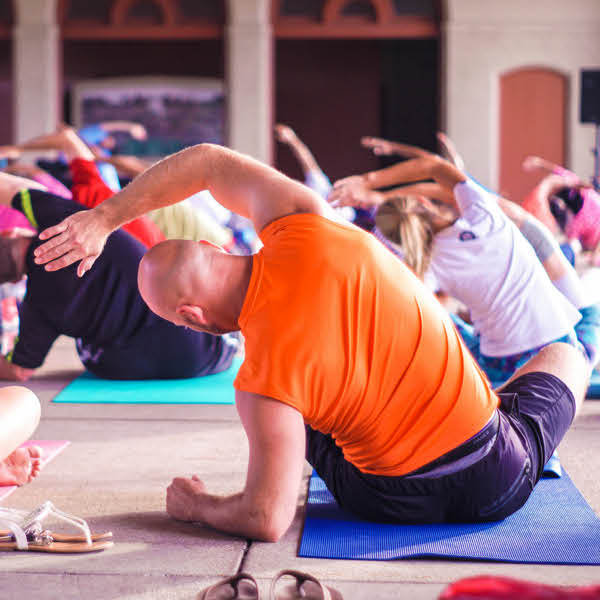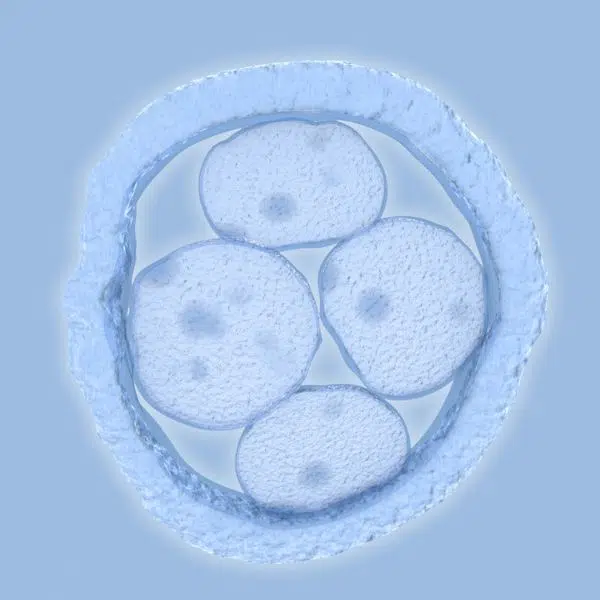
Photo: monkeybusiness/Depositphotos
Getting older is something many of us fear, but life doesn’t end at retirement. Old age is a privilege, and finding joy in your later years is possible, especially when you start adjusting your mindset and building healthy habits now.
Eating healthy and physical exercise play a big role in supporting longevity, but emotional well-being matters just as much. Addressing loneliness and staying socially connected are key to not only living longer but truly enjoying those extra years.
California-based gerontologist Dr. Kerry Burnight studies aging from every angle—biological, social, and psychological—and believes there are four key elements to living a happier and healthier life in older age: growing, connecting, adapting, and giving. Her own mom, 96-year-old Betty Parker, sets a great example. She still finds joy in the little things, like baking pies, picking roses from her garden, and playing cards with friends.
John Batsis, a geriatrician and an associate professor at UNC’s School of Medicine and Gillings School of Global Public Health in Chapel Hill, North Carolina, has teamed up with Burnight to share four key ways to improve your later years. You can start putting these into practice today to build a healthier, more connected, and more fulfilling future.
Start these 4 easy practices now to set yourself up for a happier future.
Find a hobby outside of work
Once you stop working, how do you imagine spending your days? Batsis says, “The retirement cliff, so to speak, is very difficult for individuals who have been working a lifetime.” His advice is to start exploring hobbies and activities you’d enjoy in retirement while you’re still working. That way, the transition feels more natural.
Whether you want to write a book, start gardening, or learn pottery, it’s never too late to start something new.
Challenge your mind
Crossword puzzles and sudoku are great for keeping your mind active, but to truly stay mentally sharp and get the most out of your later years, it’s important to challenge yourself with activities that really push you. “New experiences activate neuro plasticity…that is our brain’s ability to keep growing,” Burnight explains. “If you do the same things you’ve always done, you’re really not setting yourself up for continued growth.”
Batsis recommends to keep moving and to find a hobby that will keep you physically active. One of his patients took up golf after he retired, but he even started playing the guitar. Batsis says, “Individuals need to find something that is of interest to them, because the more interesting it is to them, the more they’re going to be willing to kind of engage in that type of activity.”
Stay social
Loneliness can be harmful to both physical and mental health, so both Batsis and Burnight urge people to stay socially active. Even small interactions, like talking with a neighbor or your local barista, can help you feel more connected to your community.
Every month, Parker meets up with a group she calls “the youngs” to play canasta—a game she taught them. They’re women in their 60s she got to know through her daughter-in-law, and even though they’re much younger, Parker says having friends of all ages means a lot to her. That’s especially true now, since she’s outlived her husband and many of her longtime friends.
“Like how we diversify our financial portfolio, socially we want to have friends of different ages, friends from your neighborhood, as well as friends from the past,” Burnight explains. “You need to be the one to call to make a plan or to remember a birthday, or to sit by somebody’s hospital bed or to drive them to their chemo.”
Adapt your thinking
Studies show that your mindset about aging can have a powerful influence on how you actually age. “People who believe that aging is a time of continued growth live 7.5 years longer than those who think, ‘Oh, I’m old. I’m going to retire and just go knit with the ladies,’” Burnight says. “The way that you adapt largely is recognizing that it isn’t wrong that you’re going to have tough stuff. It’s how you’re going to respond to that tough stuff.”
Getting physically weaker with age doesn’t mean you have to step back from life. Burnight encourages shifting your focus to helping others. Research shows that giving back can boost your sense of joy, purpose, and even help you live longer. “Purpose is small and daily and a decision,” Burnight says. “It’s saying, ‘Okay, today, how am I going to use the fact that I’m alive and that I have things to give?’”
Source: 96-year-old shares what she does to keep life vibrant. You can start doing it now
Related Articles:
Interview: Intimate Portraits of Seniors Highlight Timeless Beauty and Sensuality in Old Age
82-Year-Old Powerlifting Grandma Is Proof That Strength Knows No Age
73-Year-Old Model Rosa Saito Stuns the Fashion World, Defying Social Conventions About Age
75-Year-Old Grandpa Dresses Like Stylish Celebrities Proving Fashion Has No Age Limit















